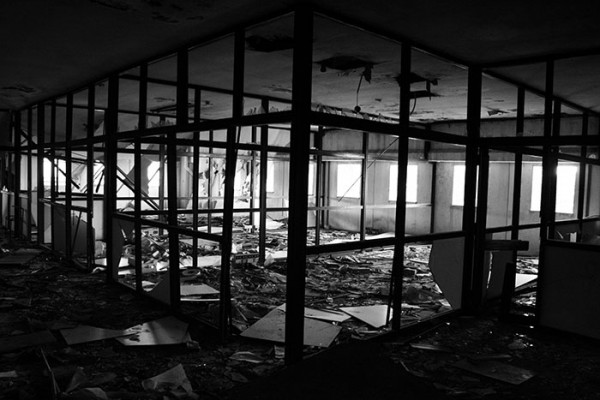Avoiding Business Interruption
This section provides advice for businesses on preparing themselves to deal with unforeseen emergencies and disruption.
Things to do:
- Use the toolbar above to create a Business Continuity Plan
- Put your Plan to the test with the simple exercises in Test your plan
- Check to find out whether any LLR Prepared Events are taking place in your area
Whatever type of business you run the effects of serious operational disruption may threaten the long term viability of your enterprise if you haven’t made solid contingency plans that you can fall back on. Business Continuity Management should be an integral part of your business planning, to ensure you can continue to deliver essential services and functions in the event of a disaster, then return to normal working as quickly as possible afterwards. This is the only way to safeguard your reputation, your customer and supplier relationships and the livelihood of your staff. Insurance often comes too late to protect these!
Business operations can be threatened in many ways, but it’s the impact that causes the damage. Consider the effect of losing:
- Staff in large numbers for a prolonged period of time, perhaps because of severe weather, flu epidemic, industrial action
- Premises (or being evacuated from them) because of crime, fire, flooding or a gas leak
- Key systems because of power failure, loss of utilities or disruption to GPS
- Records and data if physical and electronic records are destroyed
- Reputation when you are unable to fulfil orders, deliver services and meet contractual obligations
On the up side, preparing for serious disruptions can help you and your staff when dealing with lower level day-to-day difficulties. It might even improve your operational efficiency and reliability by highlighting the things that matter most.
How prepared are you?
Ask yourself the following questions
- Do your staff know what to do in an emergency?
- Could you operate from a different location? Where would you go?
- Would you be able to recover systems and data?
- Are all parts of your business insured?
These are just a few of the many useful questions business continuity planning will ask you to consider. Put simply, it’s about thinking ahead and planning for unexpected business interruptions, thereby reducing their impact and placing your business in the best possible position to weather the disruption and bounce back afterwards.
AND…. make sure your key suppliers have completed their Business Continuity Plans too!
Visit About LLR Prepared to find out more about the emergency planning work that goes on in Leicester, Leicestershire and Rutland.
You might also find National Business Resilience Assumptions useful.





